Stefano Mangini
TensorRL-QAS: Reinforcement learning with tensor networks for scalable quantum architecture search
May 14, 2025Abstract:Variational quantum algorithms hold the promise to address meaningful quantum problems already on noisy intermediate-scale quantum hardware, but they face the challenge of designing quantum circuits that both solve the target problem and comply with device limitations. Quantum architecture search (QAS) automates this design process, with reinforcement learning (RL) emerging as a promising approach. Yet, RL-based QAS methods encounter significant scalability issues, as computational and training costs grow rapidly with the number of qubits, circuit depth, and noise, severely impacting performance. To address these challenges, we introduce $\textit{TensorRL-QAS}$, a scalable framework that combines tensor network (TN) methods with RL for designing quantum circuits. By warm-starting the architecture search with a matrix product state approximation of the target solution, TensorRL-QAS effectively narrows the search space to physically meaningful circuits, accelerating convergence to the desired solution. Tested on several quantum chemistry problems of up to 12-qubit, TensorRL-QAS achieves up to a 10-fold reduction in CNOT count and circuit depth compared to baseline methods, while maintaining or surpassing chemical accuracy. It reduces function evaluations by up to 100-fold, accelerates training episodes by up to $98\%$, and achieves up to $50\%$ success probability for 10-qubit systems-far exceeding the $<1\%$ rates of baseline approaches. Robustness and versatility are demonstrated both in the noiseless and noisy scenarios, where we report a simulation of up to 8-qubit. These advancements establish TensorRL-QAS as a promising candidate for a scalable and efficient quantum circuit discovery protocol on near-term quantum hardware.
Quantum neural network autoencoder and classifier applied to an industrial case study
May 09, 2022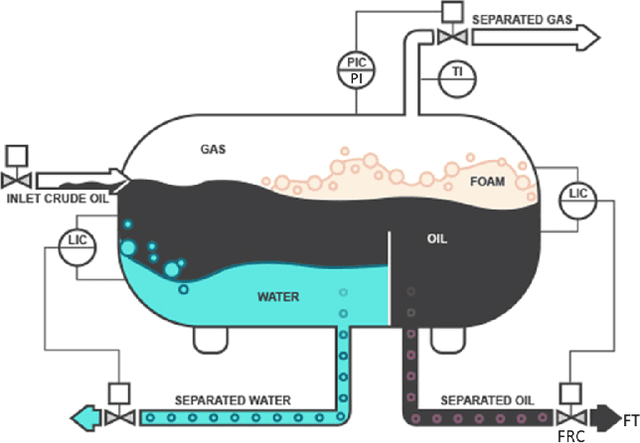
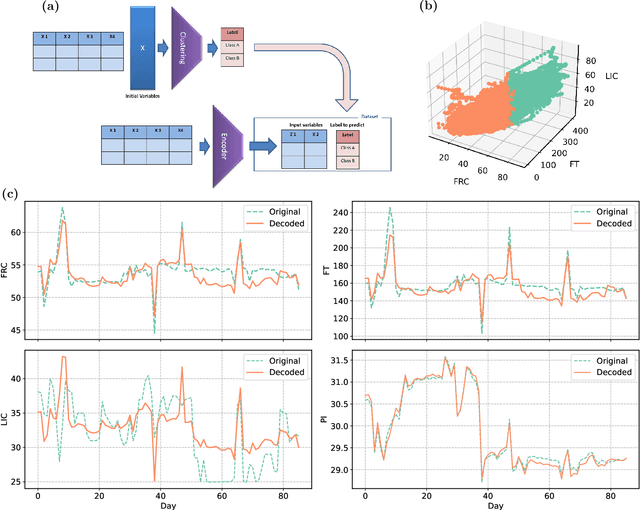
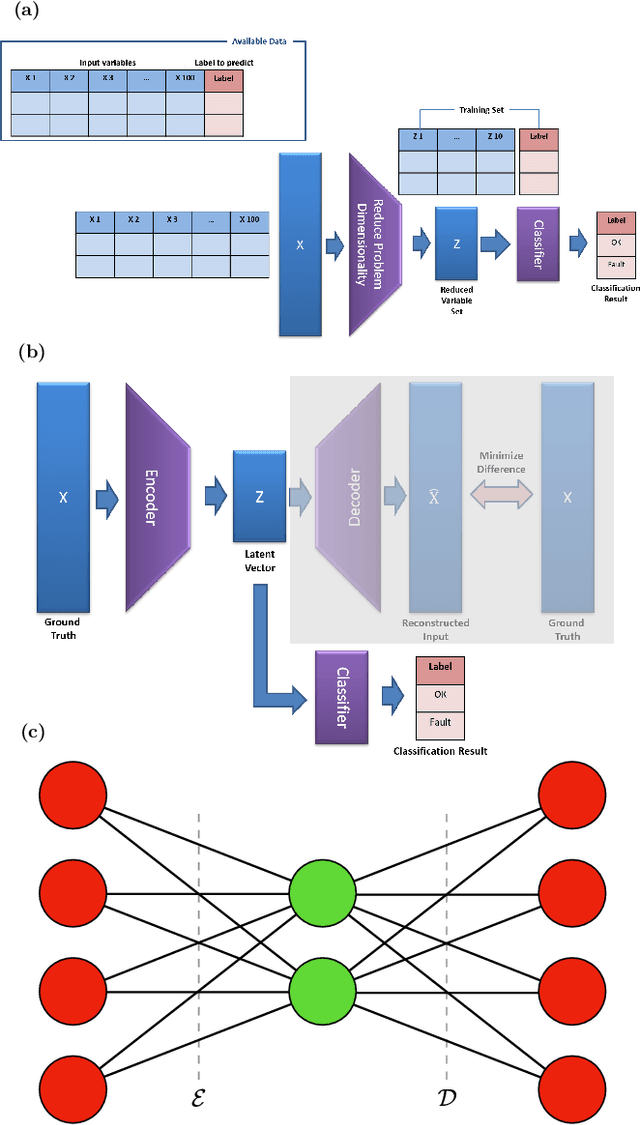

Abstract:Quantum computing technologies are in the process of moving from academic research to real industrial applications, with the first hints of quantum advantage demonstrated in recent months. In these early practical uses of quantum computers it is relevant to develop algorithms that are useful for actual industrial processes. In this work we propose a quantum pipeline, comprising a quantum autoencoder followed by a quantum classifier, which are used to first compress and then label classical data coming from a separator, i.e., a machine used in one of Eni's Oil Treatment Plants. This work represents one of the first attempts to integrate quantum computing procedures in a real-case scenario of an industrial pipeline, in particular using actual data coming from physical machines, rather than pedagogical data from benchmark datasets.
The Dawn of Quantum Natural Language Processing
Oct 13, 2021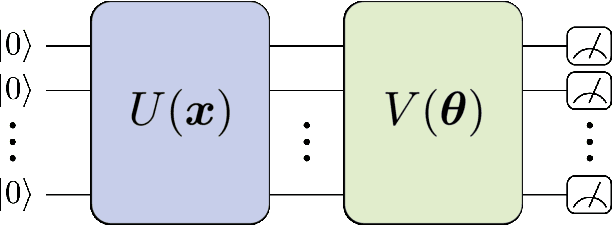
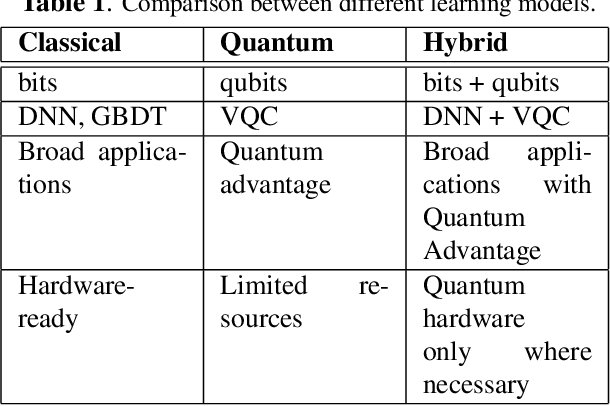
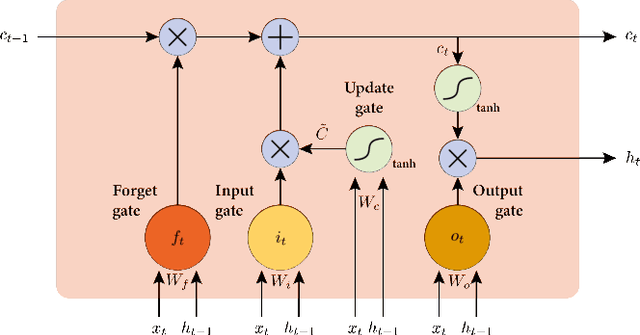
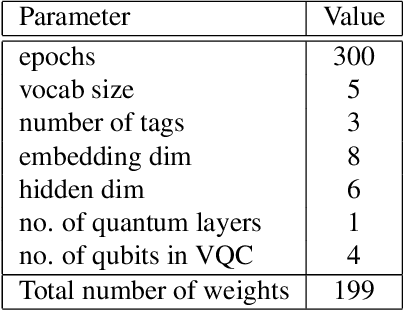
Abstract:In this paper, we discuss the initial attempts at boosting understanding human language based on deep-learning models with quantum computing. We successfully train a quantum-enhanced Long Short-Term Memory network to perform the parts-of-speech tagging task via numerical simulations. Moreover, a quantum-enhanced Transformer is proposed to perform the sentiment analysis based on the existing dataset.
 Add to Chrome
Add to Chrome Add to Firefox
Add to Firefox Add to Edge
Add to Edge